The fiery reds and oranges of mid-October maples have given way to the rusts and browns of November oaks. Forecasted snow tonight confirms winter is near; the inevitable changing of seasons upon us. It is hard to imagine a more pleasant weather pattern than Fall in New Hampshire - cool nights, warm days, abundant sunshine, and scenery to match. A look through Proctor’s Flickr page looks like one big brochure for boarding school, and yet when we experience a few rainy days in a row, we seemingly forget the beauty that so recently surrounded us.
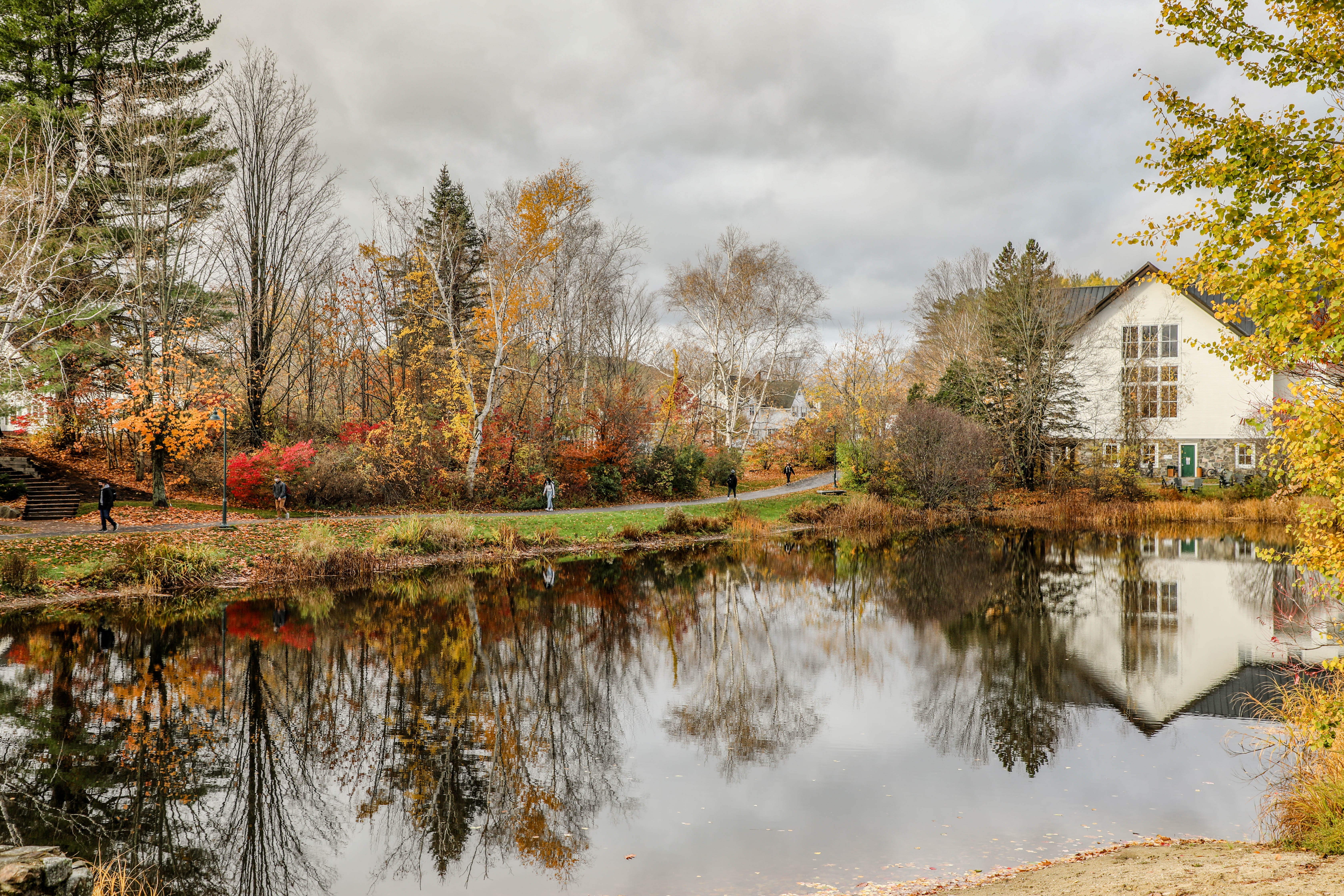
We all fall victim to the evolutionary phenomenon of negativity bias - our proclivity to attend to, use, and pay attention to negative stimuli more frequently than we do positive stimuli. Thought to have evolved thousands of years ago as a survival tool, we experience negativity bias when a friend inadvertently insults us when trying to make a joke, when we feel ourselves respond emotionally to negative stimuli, dwell on what went wrong or could go wrong, and rapidly focus our attention on negative information, rather than positive information.
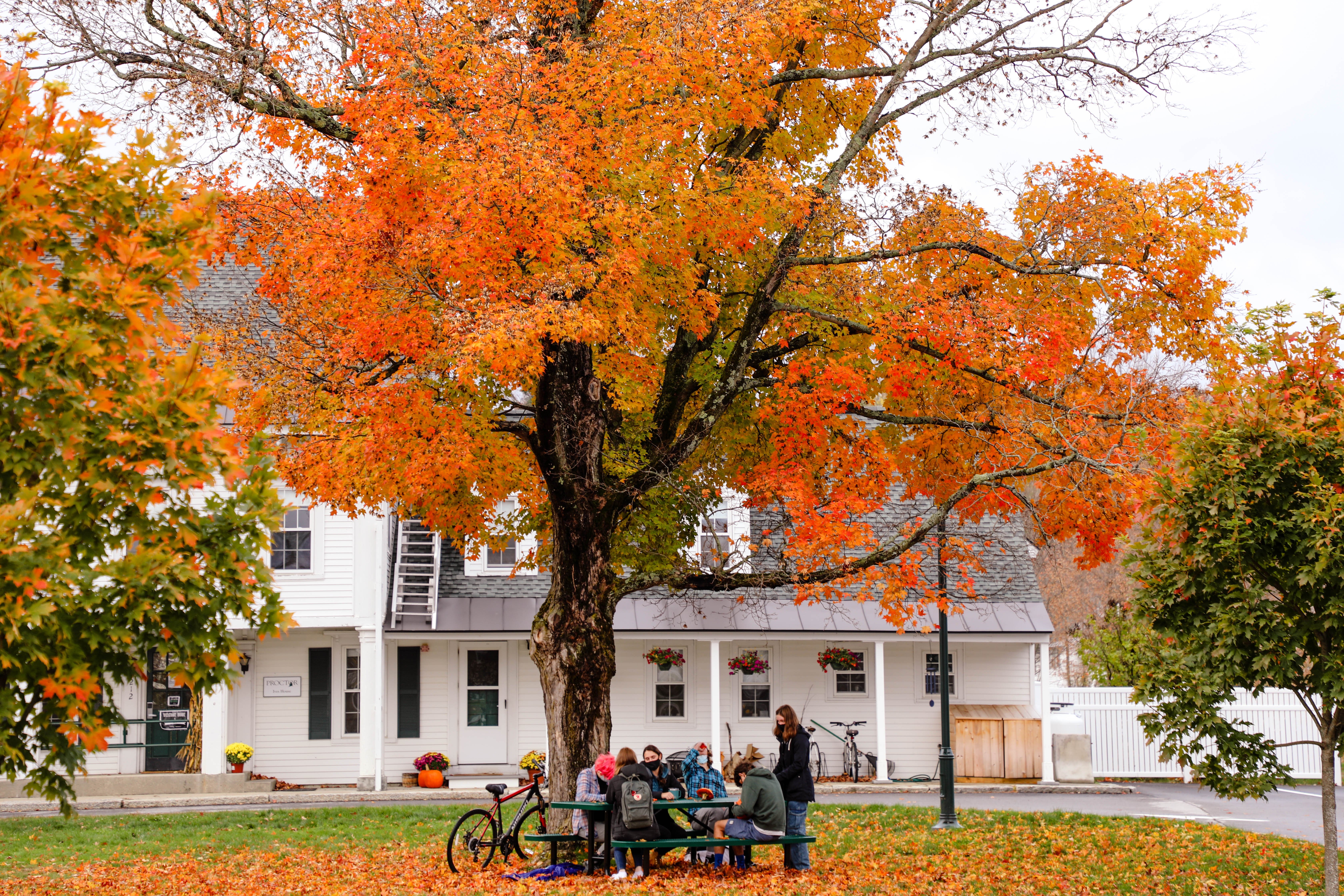
The last seven months have had their fair share of negative stimuli. A dearth of positive information flowing through the news cycle has compounded the doom scrolling through our news feed. And yet in the midst of what will prove to be an emotional, insult-filled week ahead on the national stage, we must actively combat negativity bias both in our own lives in the microcosm of the greater world that is our Proctor community.
Strategies exist to overcome negativity bias and there is no better place to employ those strategies than on Proctor’s campus among our peers. As we navigate these last three weeks of the Fall Term, let’s commit to utilizing the strategies below:
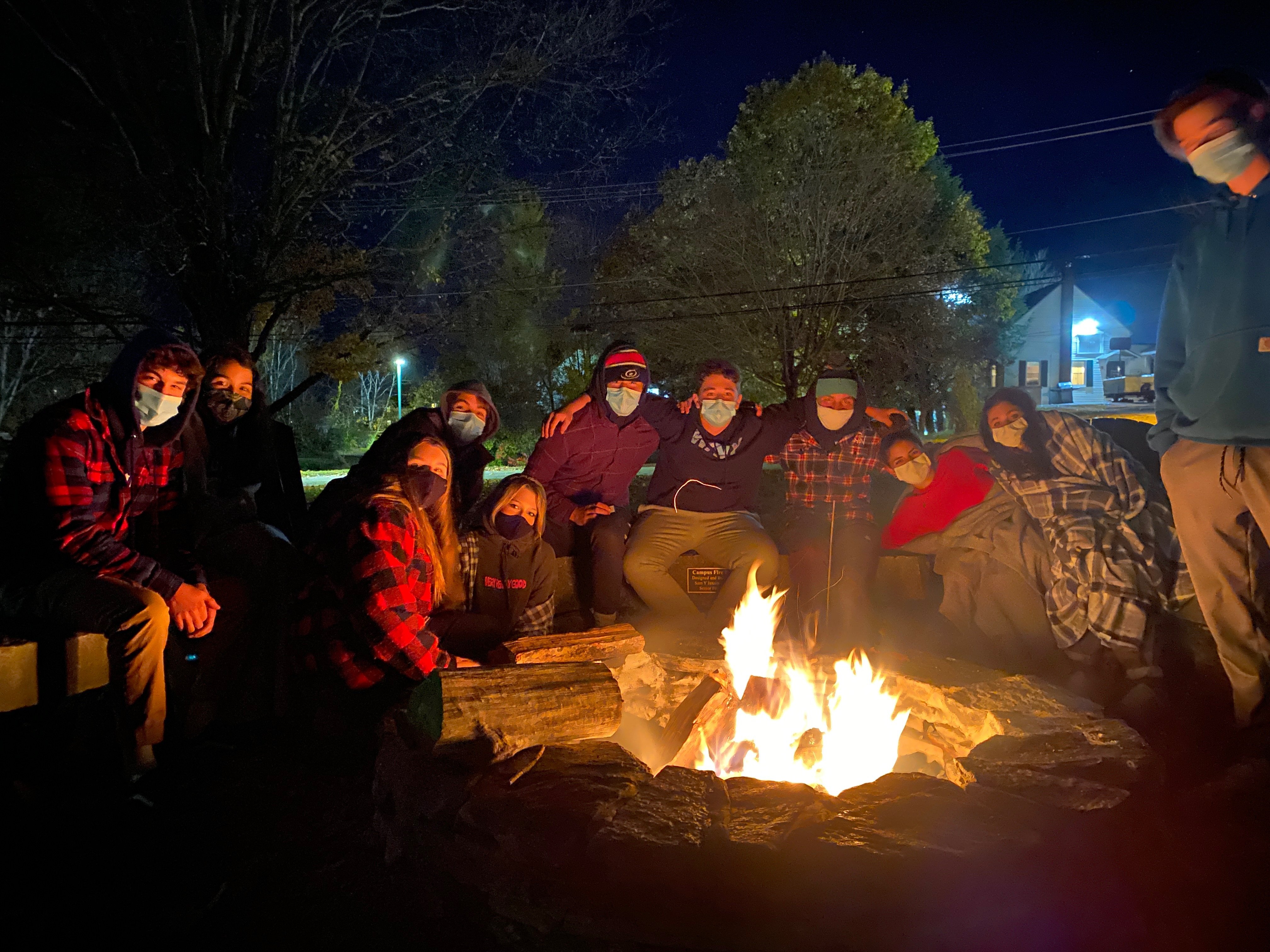
Savor the “Silver Linings” of the Situation
When we pause to recognize a silver lining, we make a conscious choice to focus on the unintended benefits of a seemingly negative situation. During a recent advisor/parent conference, a parent mentioned how thankful her son was to have everyone on campus every weekend this fall. A silver lining to no weekend travel for boarding students? Amazing campus culture on the weekends! These silver linings exist all over campus as we experiment with new systems and protocols that can, and probably should, last beyond the time of COVID-19: more outdoor classes, an ability to engage students through remote learning via Webex, outdoor assemblies, staggered, less-hectic lunches, a slower pace to our academic schedule. Silver linings abound this fall, we just have to pause and recognize them.
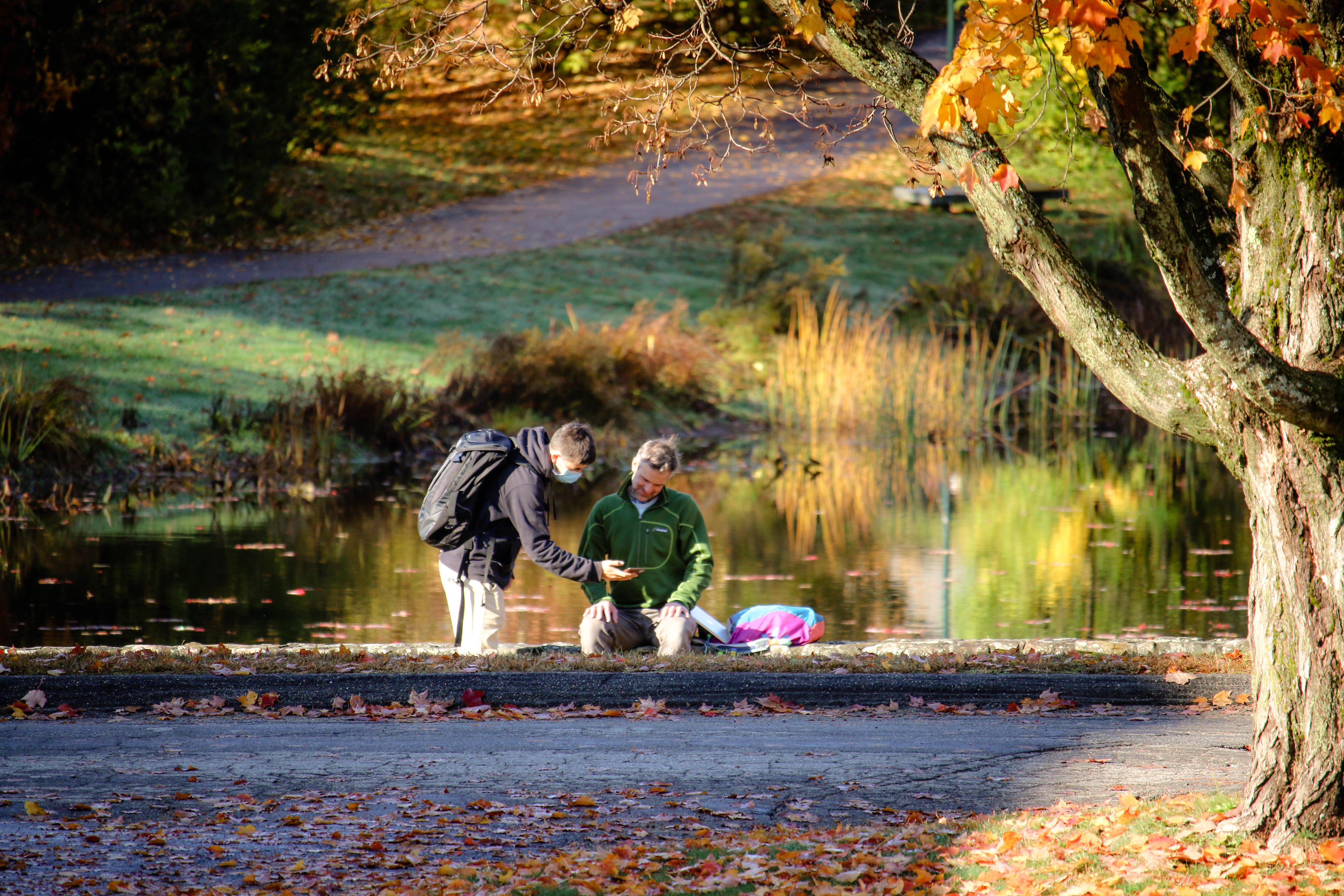
Practice Cognitive Restructuring
Negativity bias can compound depression and anxiety unless we intentionally restructure the context of our experiences and thoughts. Whenever we experience a series of negative stimuli, we often fall into the mindset of “here we go again, when it rains it pours…”. Instead, we must reframe a thought like “I can’t believe it is going to snow tonight, I hate cold weather” to “I can’t wait to wake up and see what this campus looks like under a fresh coat of snow”. This becomes a powerful cognitive exercise that when consistently done, will minimize the impact of negativity bias in our lives.
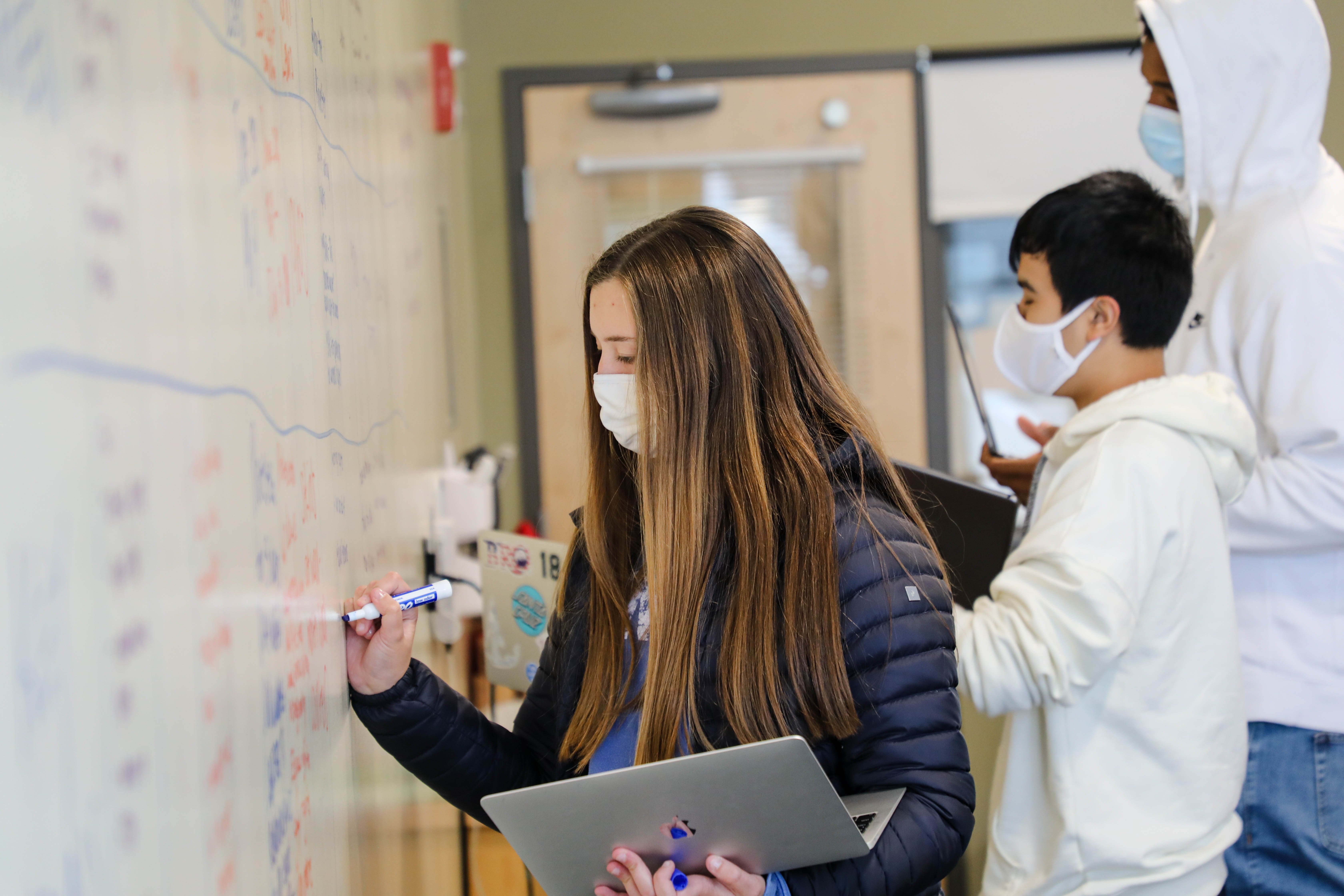
Engage in Mindful Self-Awareness
Our Freshman Seminar students know well the efficacy of daily mindfulness practices as a tool to understand and manage our emotions. Periodically checking in yourself allows you to be aware of your experiences and your emotions. As you engage in mindfulness techniques, you will begin to understand how your actions impact your emotions. Identifying these cause and effect relationships between behaviors and consequences, as well as working backward to better understand what caused the behavior in the first place, will help you become aware of the negativity bias in your life.








